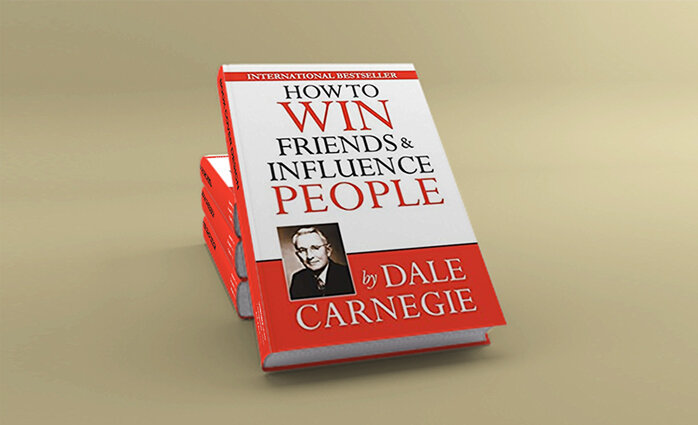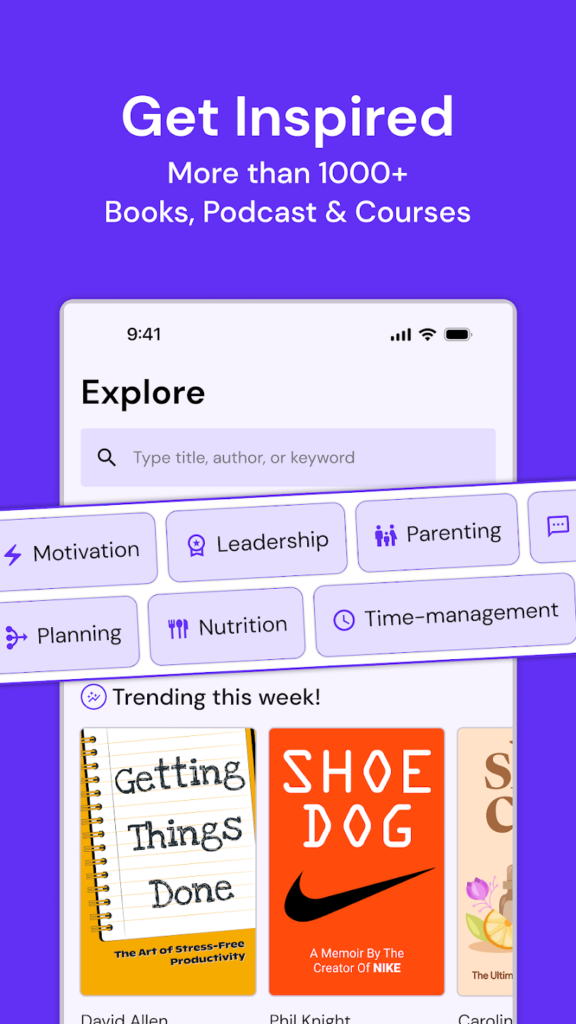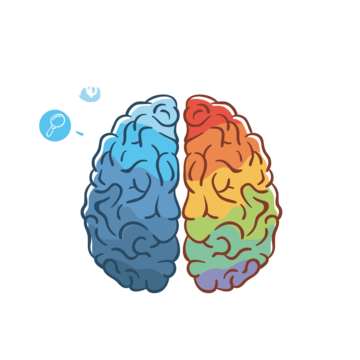
When it comes to self-help books, few names are as iconic as Dale Carnegie. Born in 1888, this American writer and lecturer became a pioneer in personal development and sales influence long before the term “self-help author” was even coined. Carnegie’s groundbreaking ideas on communication, leadership, and relationship-building have left an indelible mark on the world of self-improvement, shaping the lives of millions.
So, who exactly was Dale Carnegie, and what made him the original self-help author?
Let’s dig in, with a few laughs along the way.
Contents
- 1 The Self-Help Author Before ‘Self-Help’ Was Cool
- 2 From Farm Boy to Self-Help Author Extraordinaire
- 3 The Art of Influence: What Made Carnegie Stand Out as a Self-Help Author
- 4 Legacy of a Self-Help Author: Why Dale Carnegie Still Matters Today
- 5 Dale Carnegie’s Top Tips: A Self-Help Author’s Greatest Hits
- 6 From Self-Help Author to Global Icon: The Ongoing Influence of Dale Carnegie
- 7 Need More Self-Help Authors? There’s an App for That!
The Self-Help Author Before ‘Self-Help’ Was Cool
In today’s world, we’ve got an entire industry dedicated to self-help, but back in Carnegie’s time, it wasn’t so much a genre as it was a revolutionary concept. In fact, Carnegie’s book How to Win Friends and Influence People, first published in 1936, is considered one of the first modern self-help books. Before him, people didn’t really think of reading to improve themselves; they just kind of… well, hoped for the best. But Carnegie saw an opportunity. He understood that there were fundamental skills people needed to succeed in business and life, and he made it his mission to teach them.
Dale Carnegie was not just another self-help author; he was a trailblazer. His focus was simple yet effective: help people improve their interpersonal skills, communicate better, and – let’s be honest – get ahead in life. His methods didn’t rely on flashy promises or complex jargon but instead on practical advice that could be implemented immediately. Carnegie’s books have sold millions of copies worldwide, and his legacy continues to inspire self-help authors to this day.
From Farm Boy to Self-Help Author Extraordinaire
Dale Carnegie wasn’t born a best-selling self-help author; he was born on a Missouri farm. Raised in a small town, he wasn’t exactly what you’d call a social butterfly. But he discovered early on that good communication was key to success. After a stint in sales, where he learned that selling soap could be just as challenging as selling yourself, he began giving public speaking classes.
Those classes would eventually lay the foundation for Carnegie’s first book, Public Speaking and Influencing Men in Business, which evolved into the classic we know today. As a self-help author, Carnegie’s charm was in his ability to connect with readers. He wasn’t telling them what they were doing wrong; he was gently guiding them on how to do things better. Carnegie wasn’t just writing books; he was starting a movement.
The Art of Influence: What Made Carnegie Stand Out as a Self-Help Author
How to Win Friends and Influence People is more than just a catchy title; it’s a roadmap to success in any social situation. Carnegie’s approach as a self-help author was simple: be nice, listen, and genuinely care about other people. If you’re thinking, “Well, that sounds pretty obvious,” then congratulations – you’ve already got the gist of his teachings! But back in the 1930s, this was groundbreaking advice. In a world where the standard sales pitch was a hard sell, Carnegie was telling people to be, well, human.
Carnegie emphasised the importance of empathy, a term that’s thrown around a lot these days, but was practically unheard of in the business world back then. Instead of focusing on what you want to get from others, he encouraged people to think about how they could help others achieve their goals. It was about making genuine connections, not just transactions. This was the essence of what made him an influential self-help author.
Legacy of a Self-Help Author: Why Dale Carnegie Still Matters Today
Even decades after his passing in 1955, Dale Carnegie’s influence remains strong. As a self-help author, his principles continue to be taught in training programs and seminars around the globe. Businesses large and small use his teachings to improve customer service, leadership, and team dynamics. His books are still best-sellers, and you’ll find How to Win Friends and Influence People on the bookshelves of everyone from CEOs to teenagers looking to navigate the tricky waters of high school social life.

So, why has Carnegie’s work stood the test of time? Part of it lies in his no-nonsense, approachable style. Unlike many self-help authors who have followed in his footsteps, Carnegie didn’t pretend to have all the answers. Instead, he shared real-world examples, anecdotes, and practical tips that people could use right away. His writing feels like a conversation with a wise (and slightly witty) friend who wants you to succeed.
Dale Carnegie’s Top Tips: A Self-Help Author’s Greatest Hits
No article on Dale Carnegie would be complete without mentioning a few of his famous pieces of advice. Let’s take a quick look at some of the top takeaways from the original self-help author:
- “Remember that a person’s name is, to that person, the sweetest sound in any language.”
Carnegie emphasised the importance of remembering names as a simple way to make others feel valued. Forgetting someone’s name? Well, that’s a fast track to losing friends and influencing… no one.
- “Talk in terms of the other person’s interests.”
One of the most straightforward yet effective lessons Carnegie taught was to show genuine interest in other people’s hobbies, work, and passions. It’s not about feigning interest; it’s about finding common ground.
- “The only way to get the best of an argument is to avoid it.”
Carnegie believed that arguing rarely changes anyone’s mind. Instead, he suggested finding ways to collaborate and understand the other person’s perspective. Less drama, more peace – sounds good, right?
From Self-Help Author to Global Icon: The Ongoing Influence of Dale Carnegie
Dale Carnegie didn’t just write books; he built a philosophy that has influenced countless self-help authors and thought leaders. His focus on empathy, understanding, and effective communication is just as relevant in today’s digital age as it was in the days of face-to-face sales pitches. In a world where so much communication is done through screens, Carnegie’s advice on building real connections is perhaps more critical than ever.
Need More Self-Help Authors? There’s an App for That!
In the spirit of making self-improvement as accessible as possible, meet Wizdom, the app that brings the wisdom of self-help books (including Carnegie’s classics) to your fingertips. Let’s face it: we don’t all have the time to read How to Win Friends and Influence People cover to cover. But with Wizdom, you can get bite-sized summaries of the best self-help books, complete with key takeaways and action steps. It’s like having Dale Carnegie in your pocket – minus the 1930s suit and tie.
So, whether you’re looking to polish your public speaking, make more friends, or just be a kinder, more thoughtful person, Dale Carnegie has got your back. And if you’re short on time, Wizdom is here to give you a little nudge in the right direction. After all, self-improvement doesn’t have to be complicated. Sometimes, it’s as simple as a smile and remembering someone’s name.

Zia Hawwa
Currently pursuing a Degree in Criminology, Zia’s passions lie in the world of literature and the human psyche. She loves what the world has to offer, and is always on the journey of satisfying her curiosity.
Recent Posts
- 25 Top Quotes from The 10X Rule to Supercharge Your Ambition
- 10 Books You Must Read to Succeed in Your Career
- 30 Little Tricks for Big Success in Relationships
- 25 Life-Changing Self-Help Books to Read This December: Boost Your Mood and Your Mind
- 25 Amazing Self-Care Tips for December: Wrap Yourself in Joy, Not Stress








